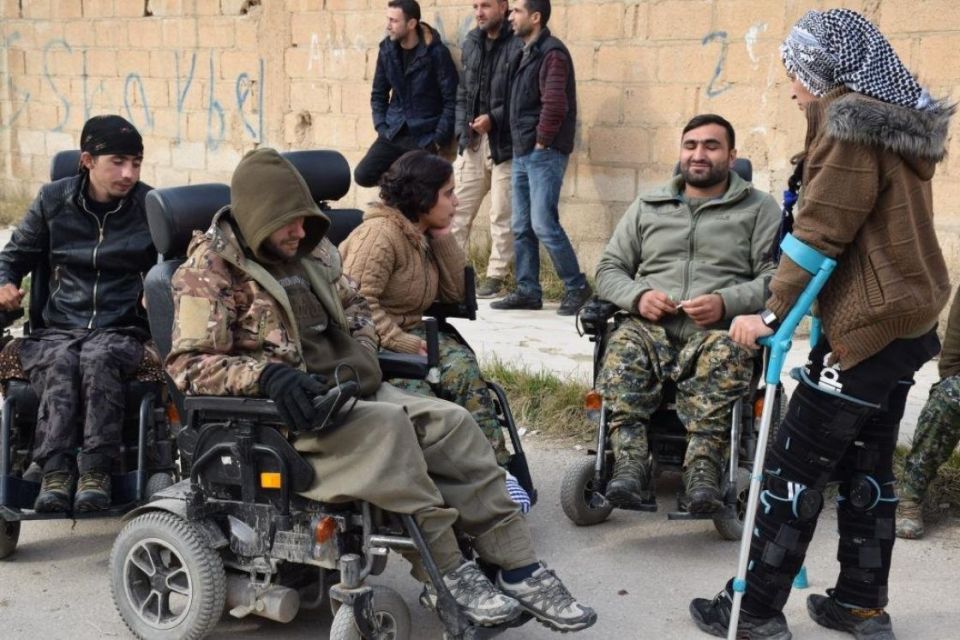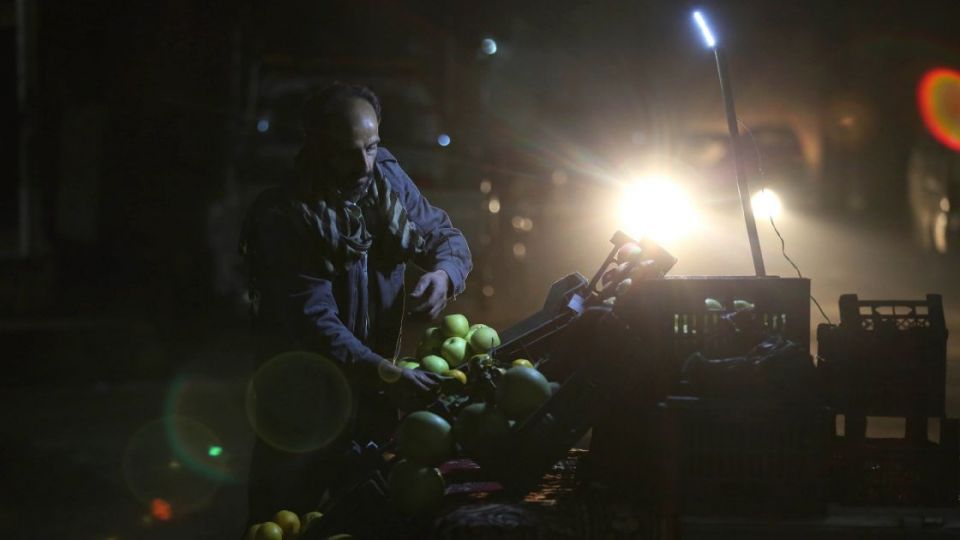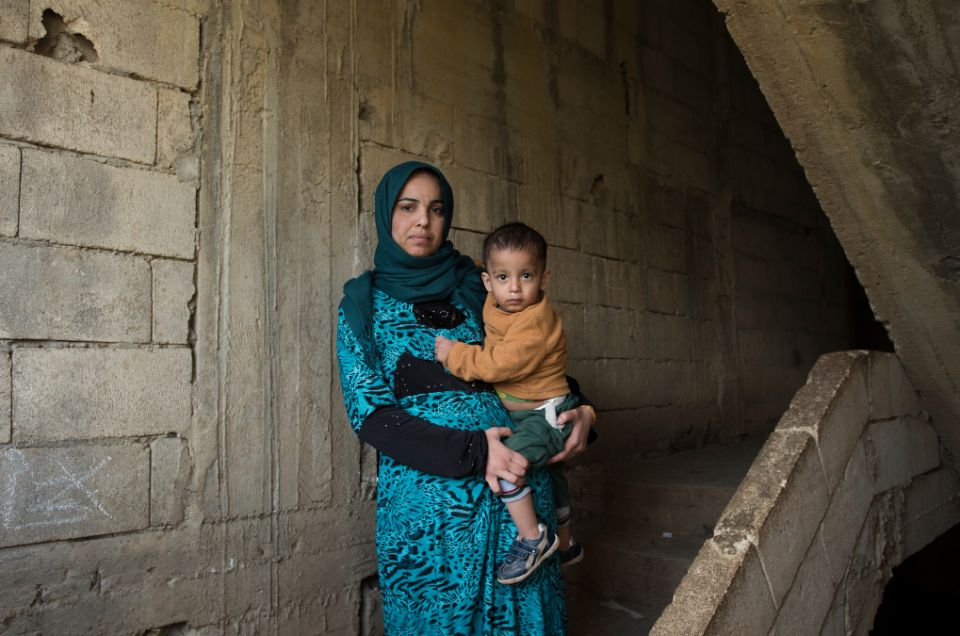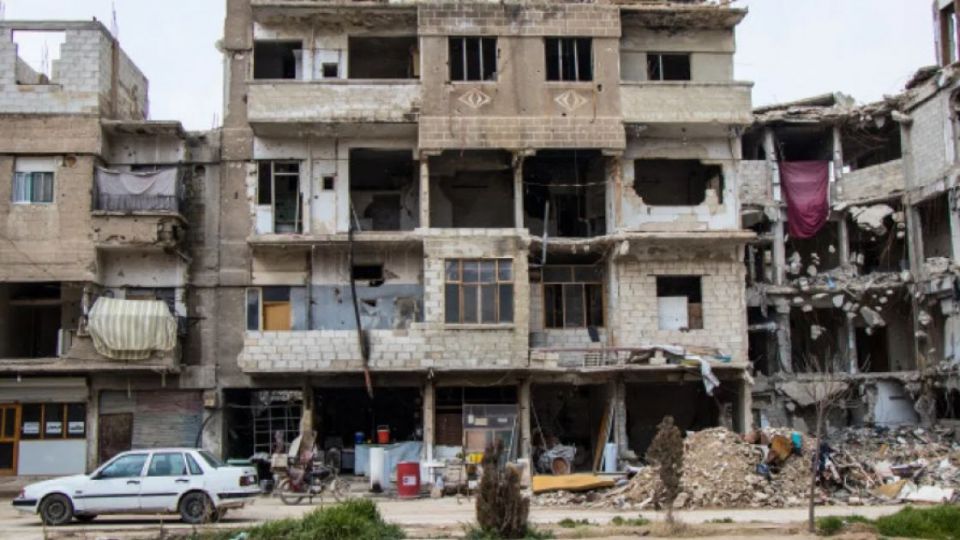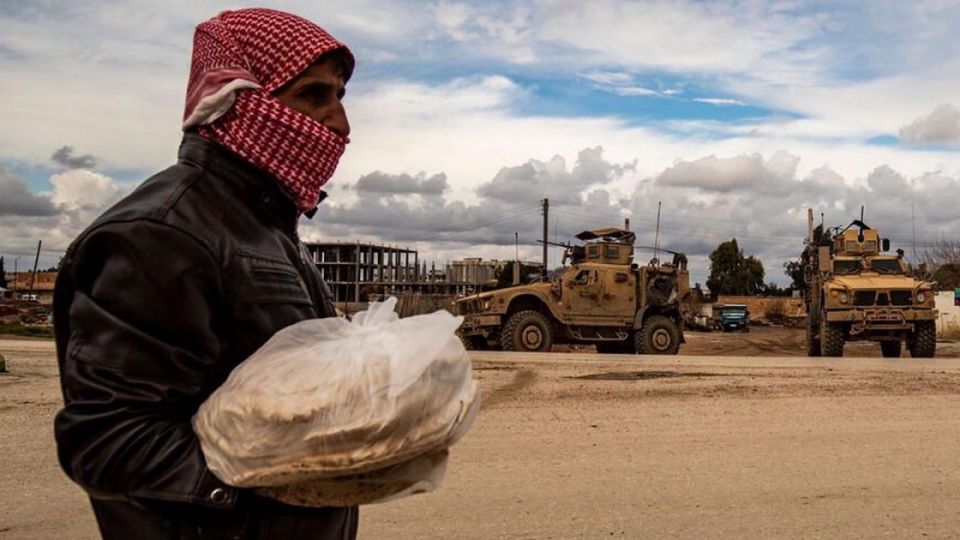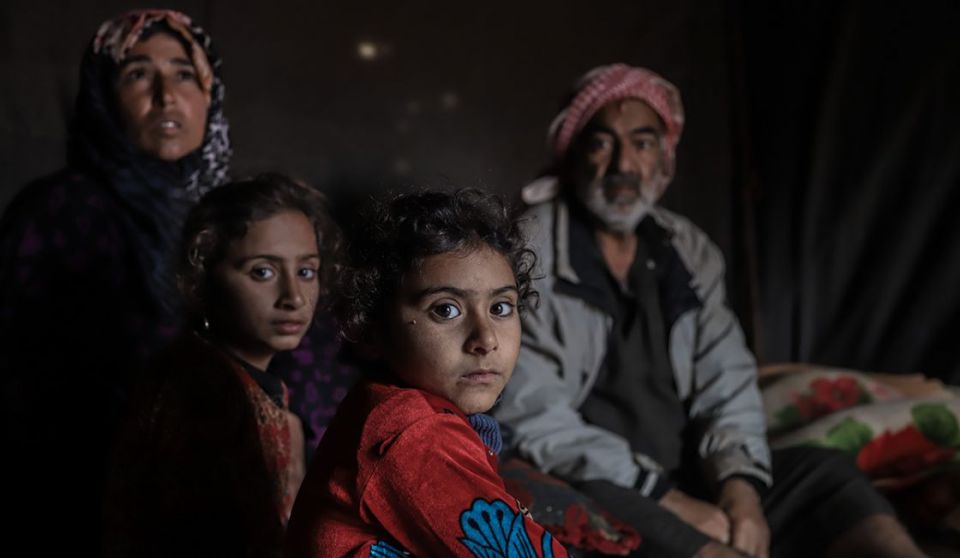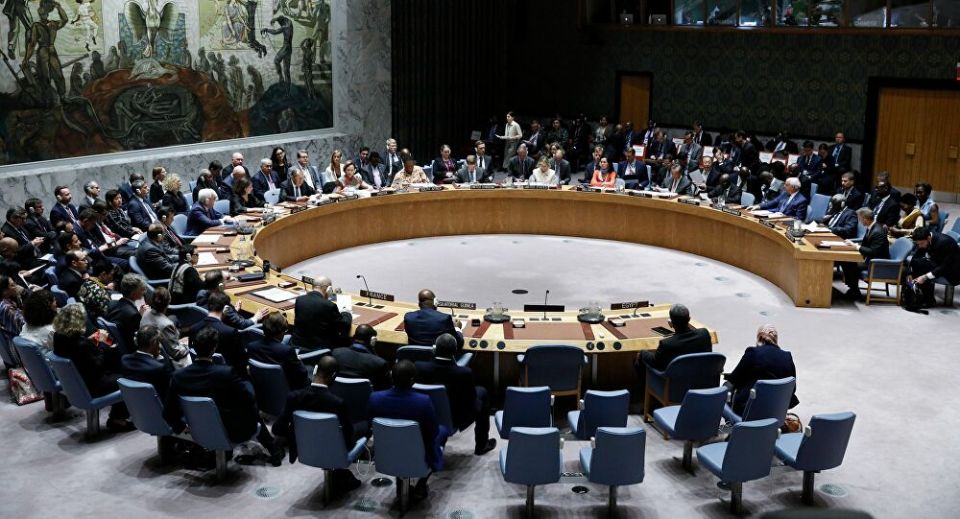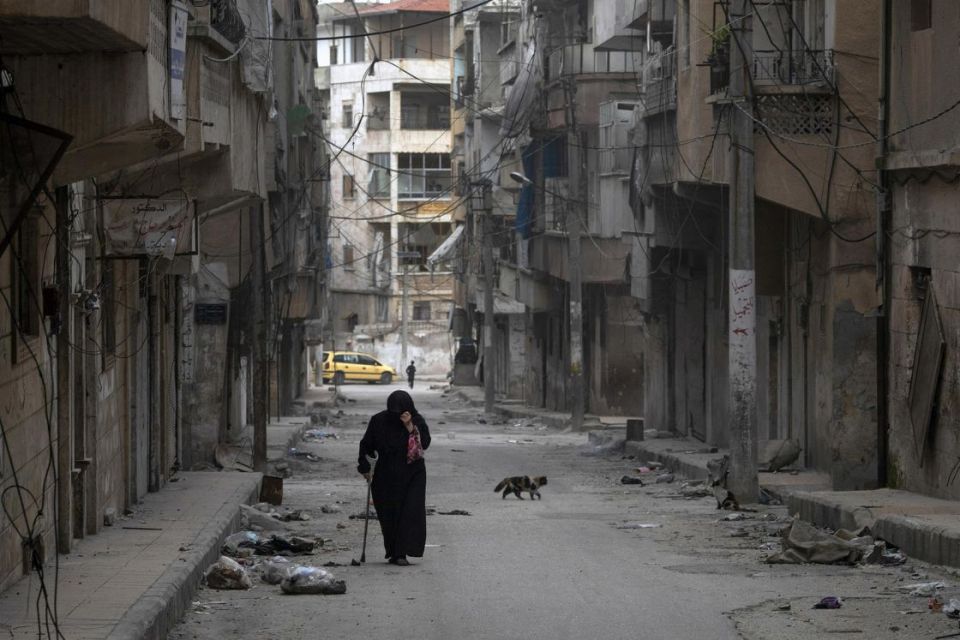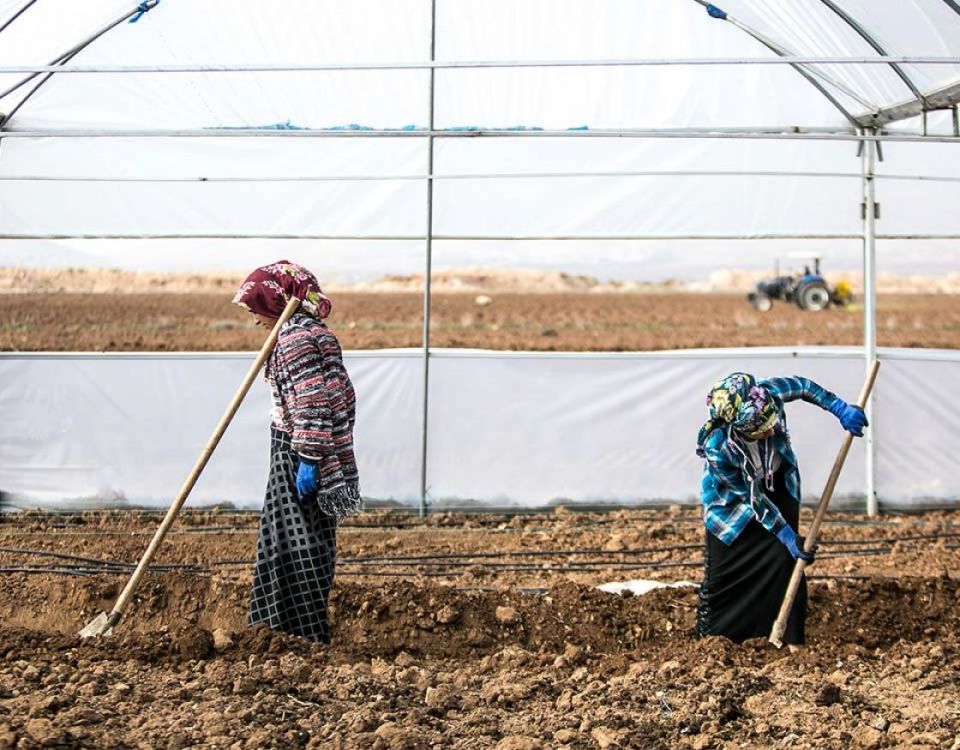More than 3 Million are Injured in Syria; A Comprehensive File; and A Mock Management
In 2017, the World Health Organization estimated that nearly 3 million people in Syria are war-injured, and are suffering from disabilities at different levels. That is, nearly 15% of the population in Syria back then were living with the pain and the direct consequences of war on their bodies. The vast majority of them are forgotten, and they are not surrounded by any “special care” or compensation, not even by the cameras of international organizations.


